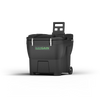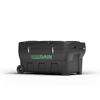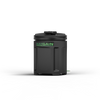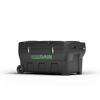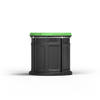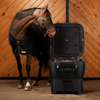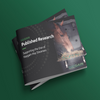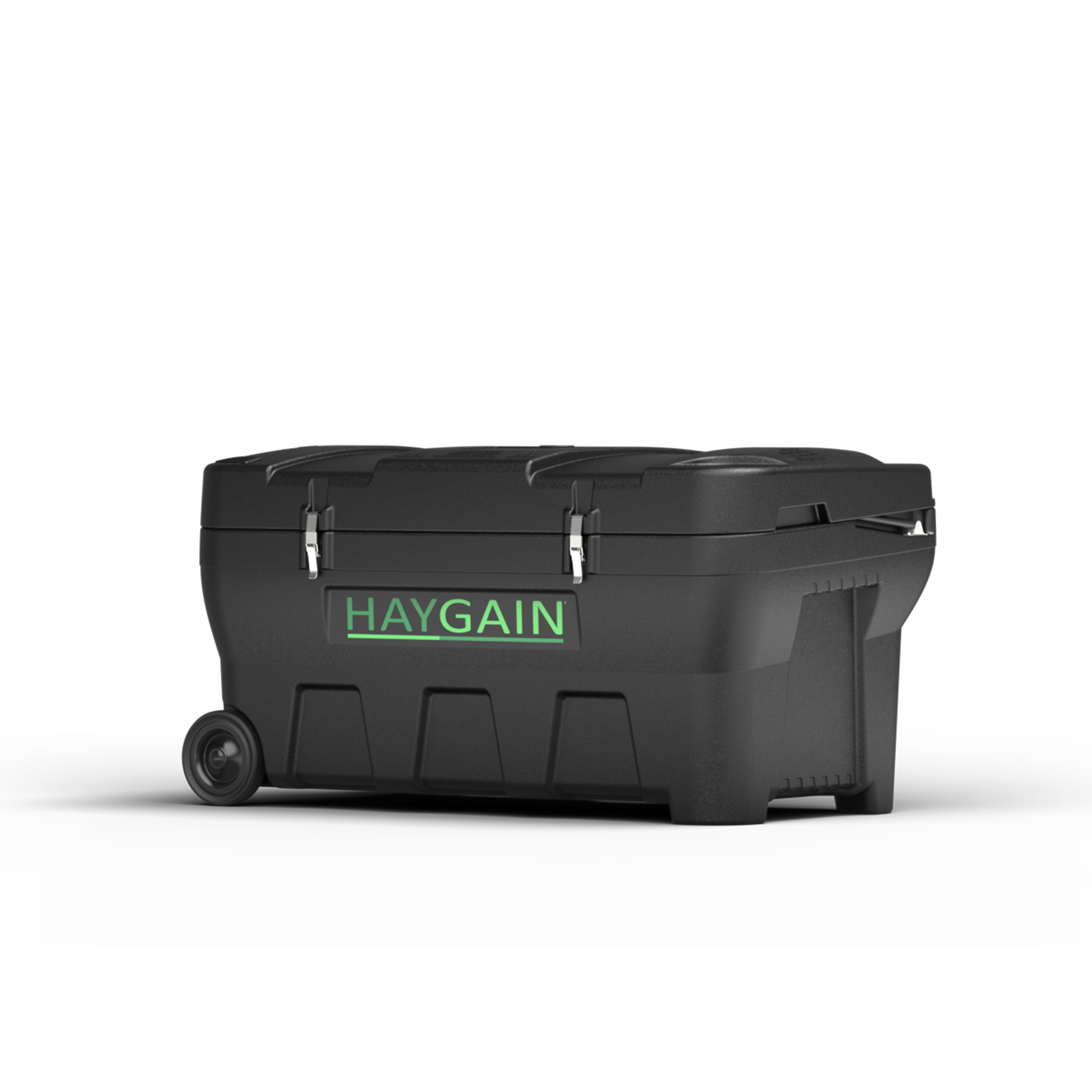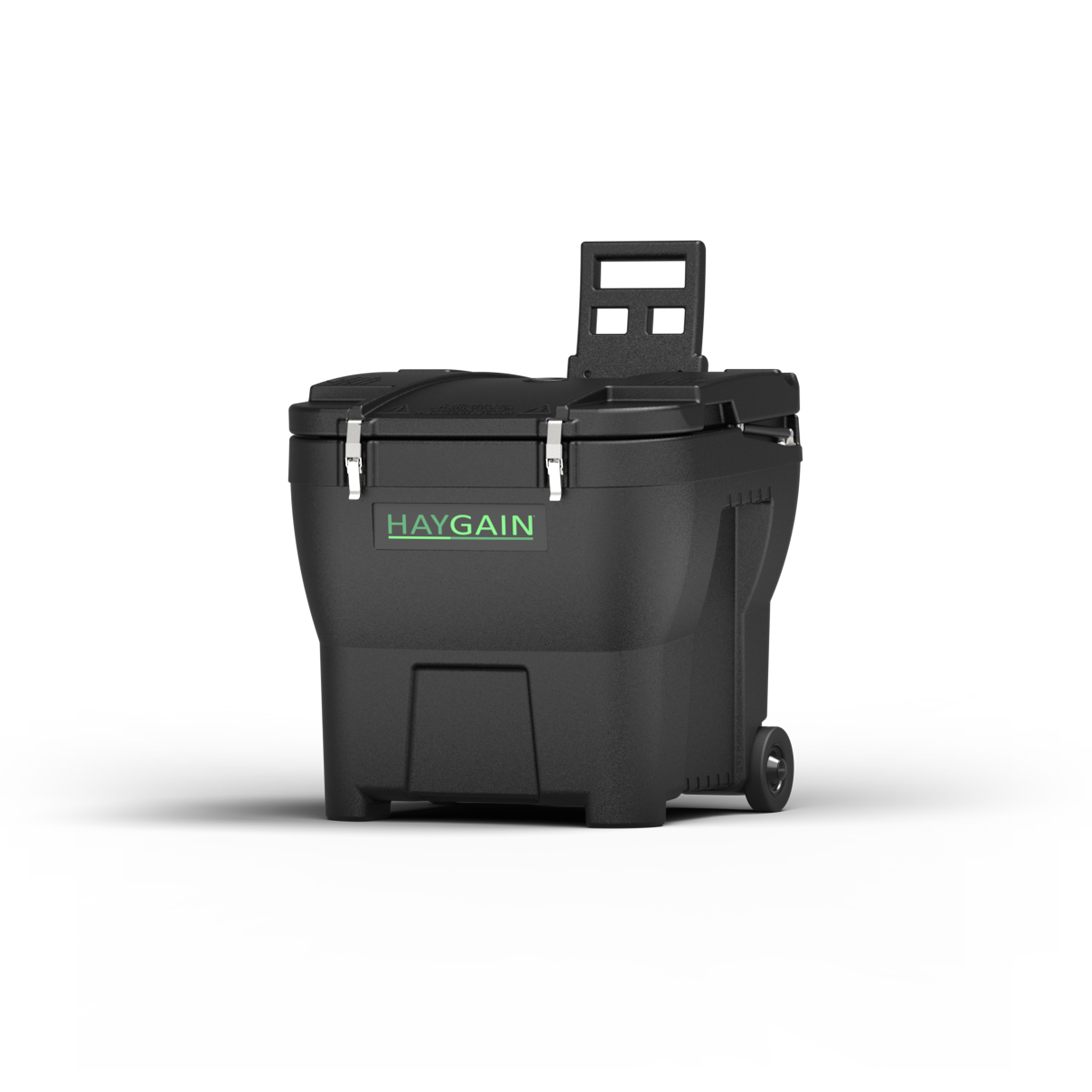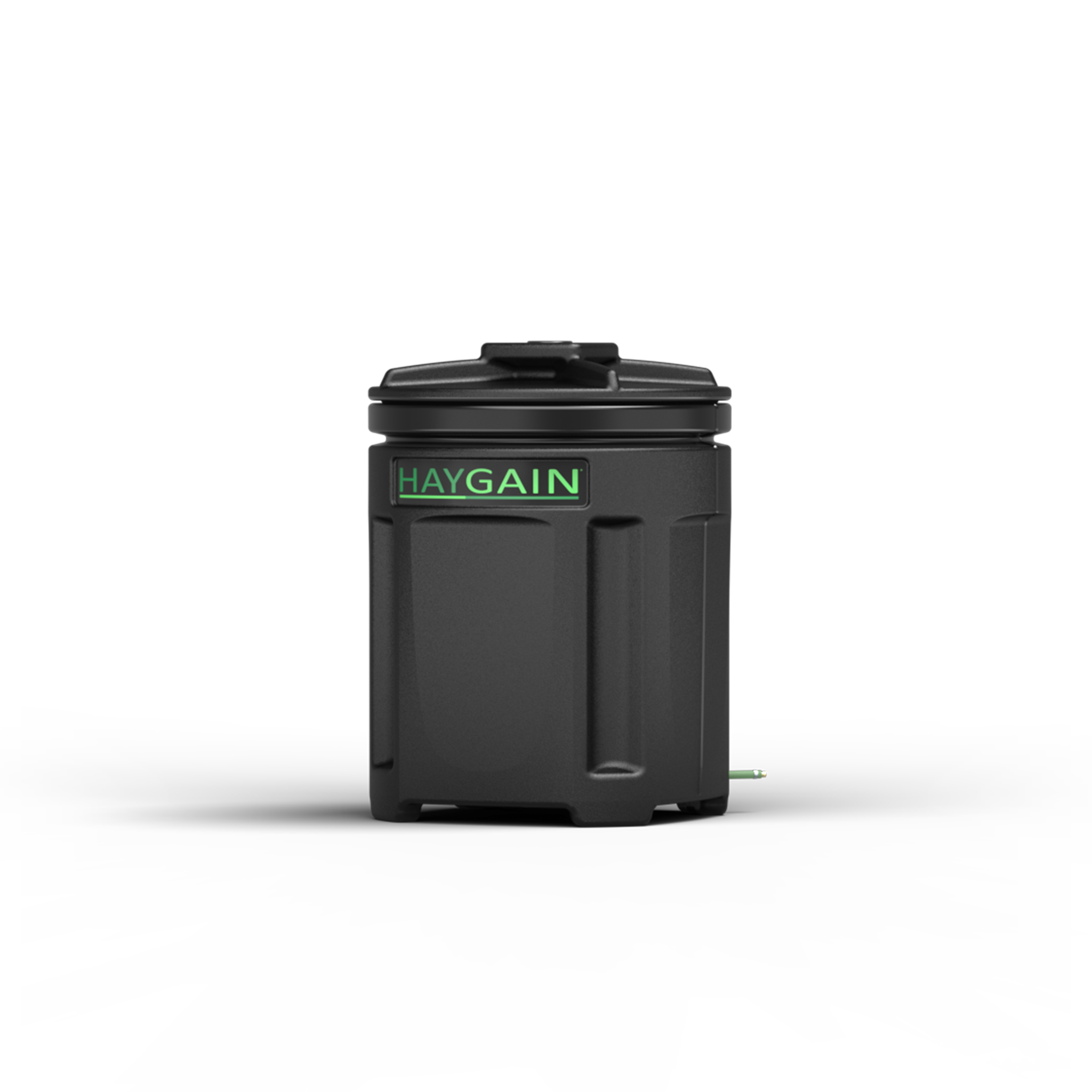Written by: Stephanie Davis DVM
In the past two articles, we discussed impactions and colic due to post-operative ileus. The importance of forage intake, proper hydration, and grazing time were discussed. For this topic, we will consider the competition horse and how steaming hay for travel and at competitions can be preventative for gastric ulcers and colic. No matter the level of competition (local or international) a horse will experience a level of stress that can easily lead to gastric ulcers.
When I am working at an event, it is very common for me to be asked about a horse that is not eating his grain well. The horse’s behavior can range from not eating grain to an active colic. Very often, if you ask the right questions, you will find that the horse started acting uncomfortable after being fed his grain. They will often eat some or even all of the meal and then exhibit signs of colic. This is a classic presentation of a horse with gastric ulcers at a competition. There are certainly several signs of ulcers, but at a competition, it is a very obvious change from their normal behavior. At home, the horse may eat the grain slowly and eventually finish, but most of us are not hovering over them like we are at horse shows. So, it just seems more pronounced with the added stress of traveling and a competition environment.
Most people who are competing are aware of gastric ulcers and often are very diligent about treating them with preventative doses of ulcergard. This is very good practice, but important to remember that ulcergard will only reduce acid production to reduce the chance of damage to the mucosa of the stomach. Just treating with ulcergard will not guarantee a clean stomach if the horse does not have the correct diet. It cannot be said enough how important forage is for the diet. When horses eat hay or grass, they produce twice as much saliva as they do when they consume a grain meal. This is important because saliva is the natural acid buffer for the stomach. When the horse is traveling and competing (no matter how calm and relaxed they may appear) there is a physiological spike in cortisol levels. Chronic stress and subsequent release of cortisol can lead to suppression of the immune system, an increased risk of gastric ulceration and colic.
So, as much as we all want to reduce stress for our horses, it is unfortunately a product of what we do with them. In my practice, a competition horse that does not have a history of gastric ulcers can certainly maintain a healthy GI tract simply with a well-planned diet where the horse has access to steamed hay as much as possible. This will help create a nice forage mat at the bottom of the stomach and encourage a lot of saliva production. I personally take a Forager with me when I travel so that I can provide a large amount of hay but control the rate of intake. This way, I can simulate his grazing behavior that he normally does at home. The Haygain Forager is easy to transport and helps provide as much hay as the horse can consume in a day. As an added benefit, I have found that the forager is the best way to feed hay in the trailer as well! They maintain their proper head down grazing position which is not only great for the GI tract, but for the airway as well.
